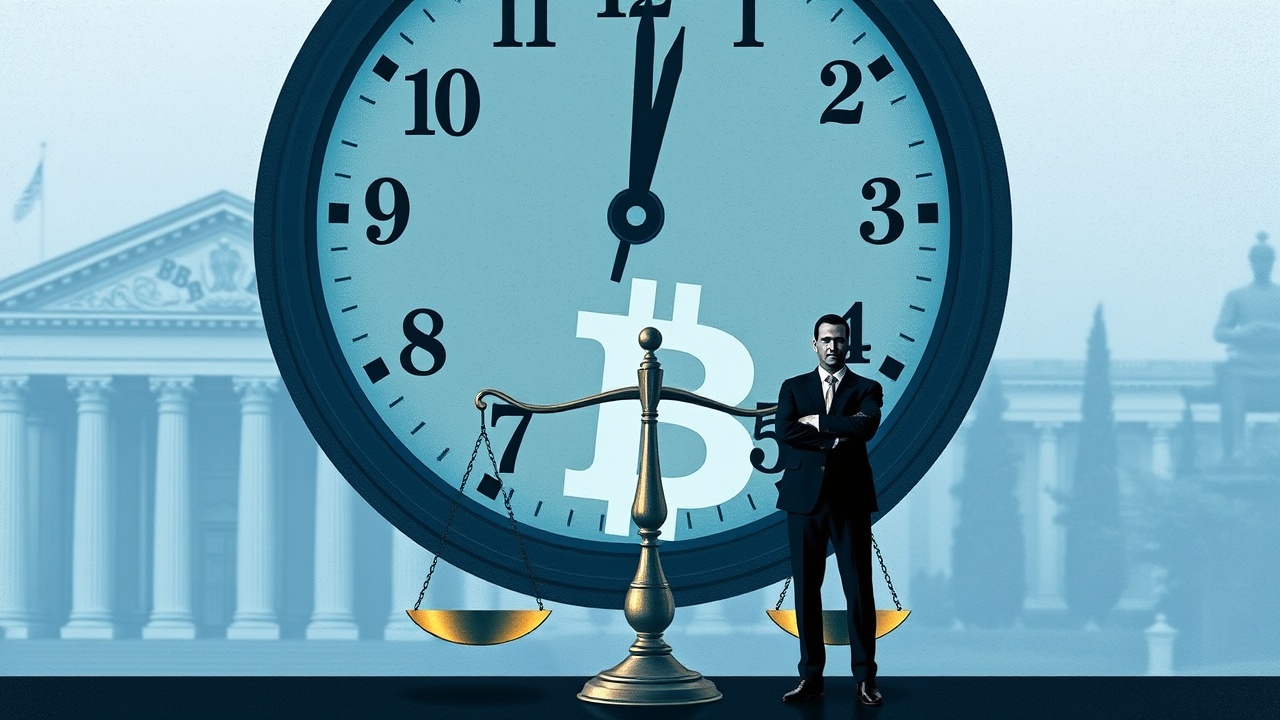Coinbase Challenges FDIC Lawsuit Response Timeline
In a recent court filing, Coinbase has voiced strong opposition to a request from the Federal Deposit Insurance Corporation (FDIC) seeking an extension of 16 days for its response to a lawsuit concerning public records related to the alleged debanking of cryptocurrency firms. The core of the case lies in the internal communications that Coinbase believes reveal the FDIC’s involvement in a clandestine initiative known as “Operation Chokepoint 2.0,” aimed at sidelining cryptocurrency from the broader U.S. financial landscape.
Criticism of FDIC’s Request
Coinbase’s Chief Legal Officer, Paul Grewal, took to social media platform X to criticize the FDIC’s plea for more time, describing it as “absurd” and suggesting that the agency’s actions should not be considered a standard procedural request. Notably, the FDIC has not yet responded to inquiries from Decrypt regarding this matter.
Furthermore, Coinbase asserts that the actual deadline for the FDIC’s response is April 16, not the May 2 date stated in the agency’s motion. According to Coinbase, the FDIC appears to be attempting to evade its legal responsibilities, and the request for an extension has been deemed “unwarranted.” The firm pointed out that the FDIC had ample time to prepare, having previously indicated that it would only need 30 days after a court stay to file a motion to dismiss, which could be filed with just a brief, four-page pre-motion notice, a stark contrast to the longer extension request they’ve put forward.
The Impact of Internal Communications
Coinbase’s filing articulated that the agency’s understanding of the default deadline is misguided and lacks a reasonable basis for the sought extension. This legal confrontation reflects increasing scrutiny faced by the FDIC regarding its role in any informal attempts to debank crypto-related enterprises, often without public notice or congressional accountability.
Earlier this year, following pressure from Coinbase as well as court mandates, the FDIC disclosed nearly 800 pages of internal communications. These documents illustrated that banks were discouraged from serving clients involved with digital assets, with some being instructed to pause all activities until regulators determined it was “safe and sound.” Additionally, warnings regarding potential “reputational risks” linked to cryptocurrencies were communicated, even when no serious threats to the financial system were evident.
Federal Agencies and Industry Backlash
The revelations have reignited accusations that federal agencies, particularly under the Biden administration, have sought to suppress the cryptocurrency sector by pressuring financial institutions behind closed doors. Grewal described these activities as part of a “coordinated effort to halt various cryptocurrency operations.” Coinbase’s CEO, Brian Armstrong, has referred to these tactics as among the most unethical actions witnessed during the current administration.
Meanwhile, the House Oversight Committee has begun investigating whether these actions constituted an improper effort to debank legitimate businesses, with lawmakers reaching out to Coinbase and other industry leaders for further evidence and testimony.




